THE ORATOR
(O LE TULAFALE)
Feature (110’)
The strongest voice comes from the heart.

The Orator (O Le Tulafale) is a contemporary drama about courage, forgiveness and love. Small in stature and humble, Saili lives a simple life with his beloved wife and daughter in an isolated, traditional village in the islands of Samoa. Forced to protect his land and family, Saili must face his fears and seek the right to speak up for those he loves.
17 years after Vaaiga was banished from her ancestral village, three large and intimidating men, including her older brother Poto, arrive at Saili’s house and forever change their quiet lives. Saili hides in his taro patch while Vaaiga, his wife, is left to confront these unexpected visitors. Poto, who is sick, demands Vaaiga, return with him and restore him and their family to health. Vaaiga refuses, determined to stay with her 17 year old daughter, Litia, and her beloved husband Saili. Saili fears he has neither the strength nor the status to defend himself and his family, for he is a little person. Without his deceased father’s chiefly status, he is simply a taro farmer. Already his neighbours are encroaching on his land, disrespecting the graves of his parents and now his wife is being threatened, because Poto will return. Tagaloa, the paramount village chief, who protects Saili within the village, is aging fast.
Encouraged by Vaaiga to make a stand, Saili summons his courage and decides to seek his father’s chiefly title but Tagaloa refuses, ridiculing his request. He does not believe Saili has either the required physique or the skill in oratory expected of the role. When the threats to his family escalate, Saili takes on the attackers, but his bravery results in a vicious beating and public humiliation. Without hope of defending his family and land Saili is tempted to give up. Suddenly, Vaaiga dies and Poto, her brother, returns and steals her body.
Saili, tormented by his failure to protect their love, faces his fears and seeks once more a chiefly title, determined to use it to reclaim Vaaiga. At Poto’s village, Vaaiga’s funeral is underway. While Saili summons the courage he will need to stand up and face this crowd, a delegation arrives from the village council led by a senior chief, Fousaga. Poto’s artful oratory successfully defends the family’s right to bury their banished sister with them. And then, amid laughter and mockery, Saili stands and faces Poto. His words speak of a love which defeats all possible gifts or argument. He wins Vaaiga back, death will not part them and the family will remain together.
Premiere: Venice International Film Festival, 2011
Credits
Directed by: Tusi Tamasese / Produced by: Catherine Fitzgerald / Screenplay by: Tusi Tamasese
Associate Producers: Maiava Nathaniel Lees, Michael Eldred / Director of Photography: Leon Narbey / Editor: Simon Price
Cast: Fa’afiaula Sagote, Tausili Pushparaj, Salamasina Mataia, Ioata Tanielu
Festivals & Awards
Orizzonti (In Competition)
Venice International Film Festival (Special Mention - Orizzonti Section)
Art Cinema Award from CICAE Jury, CinemaAvvenire (Best Film)
Sundance Film Festival
Palm Springs
Pacific Rim Film Festival
Brisbane International Film Festival (Audience Award)
Sales & Distribution
Australia & NZ: Transmission Films
International Sales: New Zealand Film Commission






“A beautifully nuanced debut.”

